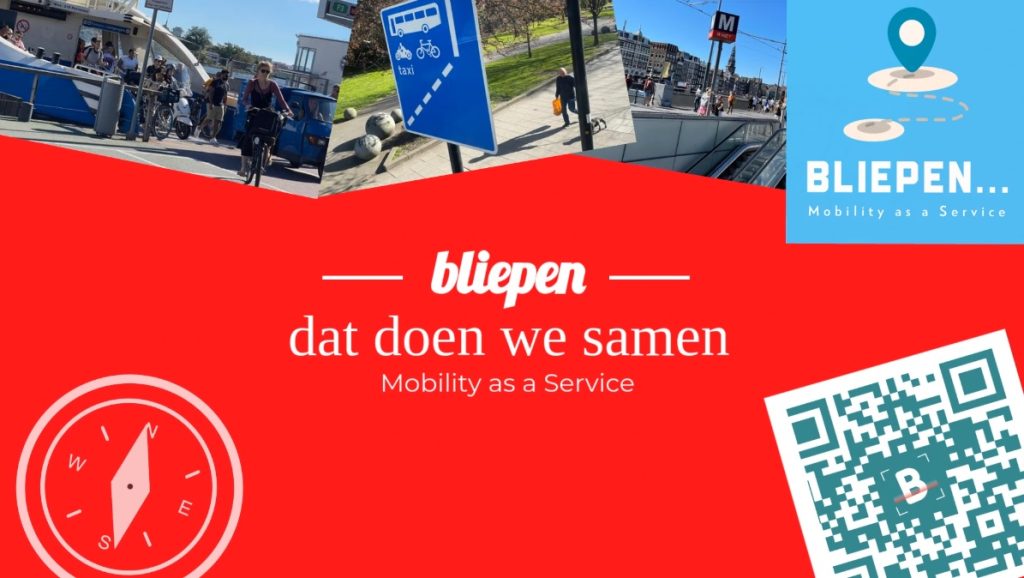Flemish Minister of Mobility and Public Works, Lydia Peeters, wants deliveries to be made emission-free in city centers by 2025. To achieve this goal, Flanders is working on a preparatory study and various pilot projects, which will result in a framework agreement with the cities. Kortrijk, Leuven and Antwerp were selected as research cities for the preparatory study.
Urban logistics disproportionately polluting
Foreign research shows that urban logistics contribute disproportionately to pollution. While this sector accounts for 10 to 20 percent of vehicle kilometres, it does account for at least 25 percent of CO2 emissions from urban transport and 30 to 50 percent of other emissions (nitrogen and particulate matter).
“The end of the logistics chain often takes place within urban cores. That last mile also turns out to be the most polluting. With this project, Flanders wants to work towards more sustainable urban logistics and ban exhaust gases from trucks and vans from the city for good. That is important for the liveability of our cities.”
Lydia Peeters, Flemish Minister of Mobility and Public Works.
Three research cities selected for preparatory study
Several cities applied for the preparatory research and subsequent pilot projects. Three research cities were selected on the basis of objective criteria: Kortrijk, Leuven and Antwerp. In the selection of these research cities, the representativeness and scalability to the Flemish level were taken into account. The selection of the cities in which pilot projects will take place will take place in the next phase. This is therefore independent of the selection that has now been made for the research cities.
The preparatory study should clarify the establishment of zones for emission-free urban distribution in central cities. The study maps out the needs in terms of (charging) infrastructure, logistics operations and investments. Furthermore, the study establishes the methodology for the evaluation of zero-emission urban distribution. The study also examines what the desired flanking measures are: for example premiums for electric delivery vans and cargo bikes – and how large the contribution is to the Flemish climate objectives.
Testing findings through pilot projects
Pilot projects will start in 2023 in a number of Flemish central cities. The pilot projects will be monitored for 12 months, followed by an evaluation. The choice of which location in the cities will be selected for the pilot project(s) is determined on the basis of consultation with the cities involved.
Cooperation between the Flemish government, cities and the logistics sector is central
On the basis of the study and the pilot projects, the Flemish government is working on a framework agreement together with the (central) cities, companies and sector federations.
Flanders therefore mainly takes on a coordinating role by drawing up a Flemish framework, which can be followed by agreements at urban level. Uniformity in the formulation of clear objectives is very important, together with a coherent vision of how to achieve those objectives and the accompanying policy that is required for this.
“Our aim is to conclude a framework agreement with at least all central cities. All other local authorities can of course also enter into this commitment. I also call on them to participate in this, just like the large companies and sector federations. Urban logistics do not stop at a city boundary and companies often deliver to multiple cities.”
Lydia Peeters, Flemish Minister of Mobility and Public Works.
Consultation with the logistics sector and the cities is therefore central. The Flemish framework then culminates in a decree framework with overarching regulations, whereby the autonomy lies with the cities, according to the Mobility and Public Works Department.



